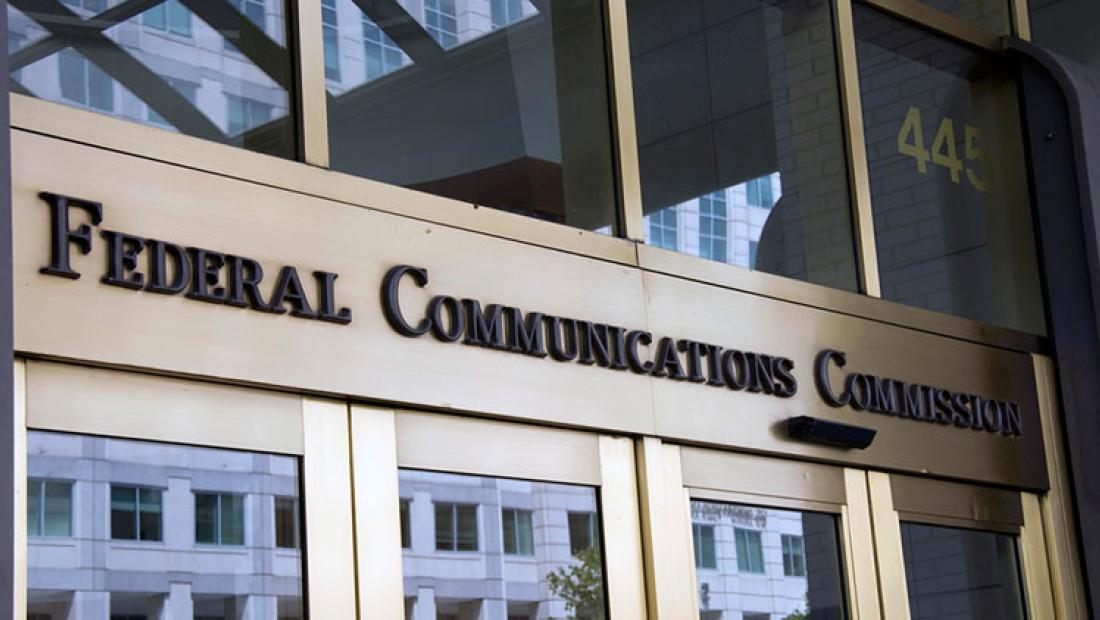Cable Ops Push for Codified Overlashing Rules

The smarter way to stay on top of broadcasting and cable industry. Sign up below
You are now subscribed
Your newsletter sign-up was successful
Cable operators want to make sure that the FCC makes rules allowing "overlashing" part of its overall plan to speed the deployment of broadband to all Americans.
That is the practice of piggybacking new plant on utility poles (say fiber) on existing plant (fiber) that has already been approved by the pole owner.
In comments to the FCC on its proposal to accellerate wireline broadband deployment, including by removing barriers, by codifying its precedent of allowing overlashing without having to ask permission, the American Cable Association says one of those barriers is utilities charging for piggybacking on existing plant or making its members jump through various hoops.
"For decades, the Commission has determined that overlashing does not require a pole attachment application or a utility’s permission or consent, and that overlashing consistent with generally accepted engineering practices should not incur any additional charge," says ACA.
But it says its members' experience has been that "some utilities require full attachment applications or impose other requirements that delay or stymie overlashing entirely."
It says clear overlashing rules would help spur broadband deployment.
NCTA-The Internet & Television Association is on the same page. "Overlashing is often the most efficient way for a cable operator to increase the capability of its network and serve customers through the addition of fiber," it told the FCC in its comments this week, saying overlashing is key to fiber buildouts and that prohibiting seeking prior approval for overlashing is "a critical element of the regulatory foundation on which hundreds of billions of dollars of new investment have been made."
Not surprisingly, utility companies were on a different page.
"UTC urges the FCC not to codify a rule that would restrict utilities from requiring third party attaching entities to provide advance notice of overlashing," said the Utilities Technology Council. "[W]e are concerned that codifying a per se rule that only provides utilities notice-after-the-fact for all types of overlashing and subject only to general engineering standards is too broad and would threaten to undermine the safety, reliability and security of utility infrastructure," UTC said.
The smarter way to stay on top of broadcasting and cable industry. Sign up below
Contributing editor John Eggerton has been an editor and/or writer on media regulation, legislation and policy for over four decades, including covering the FCC, FTC, Congress, the major media trade associations, and the federal courts. In addition to Multichannel News and Broadcasting + Cable, his work has appeared in Radio World, TV Technology, TV Fax, This Week in Consumer Electronics, Variety and the Encyclopedia Britannica.

